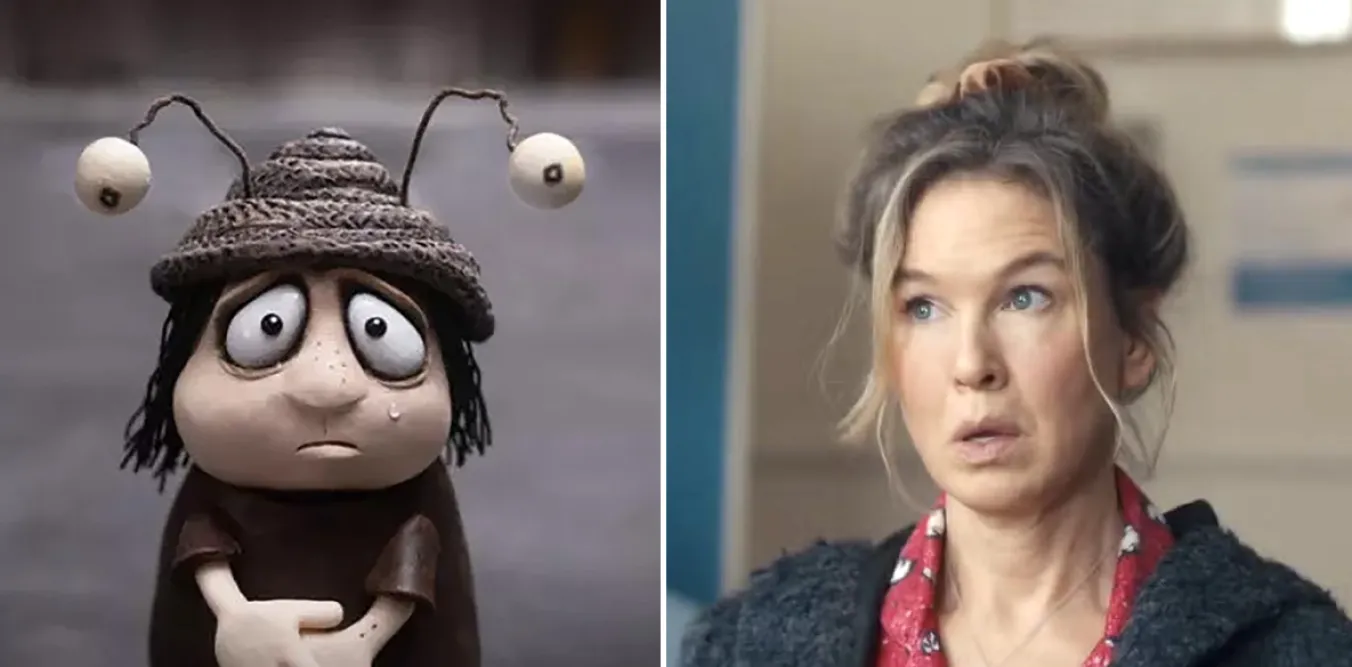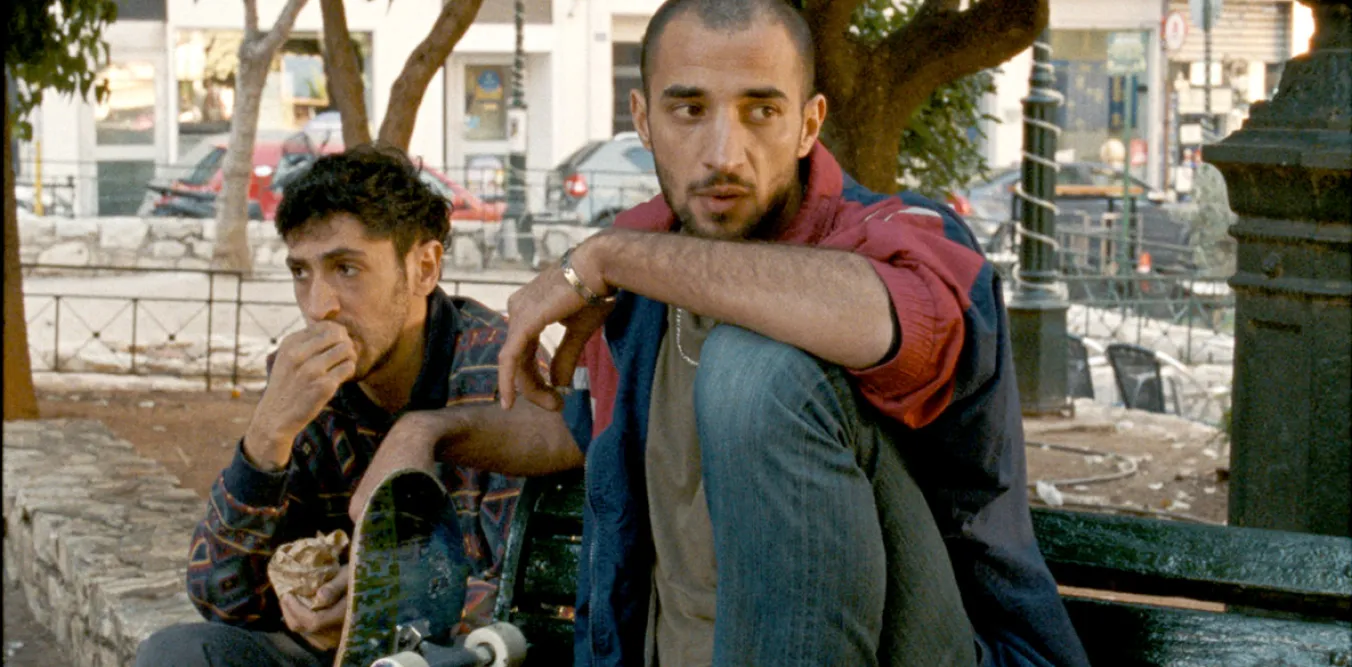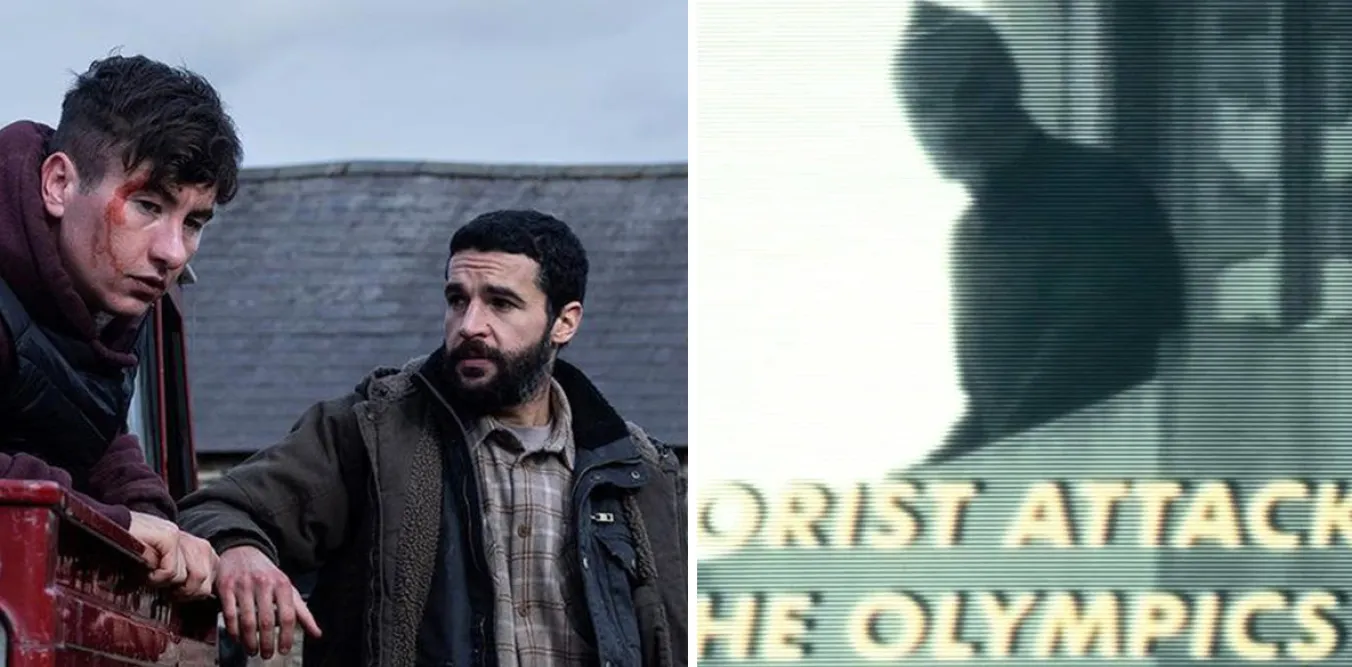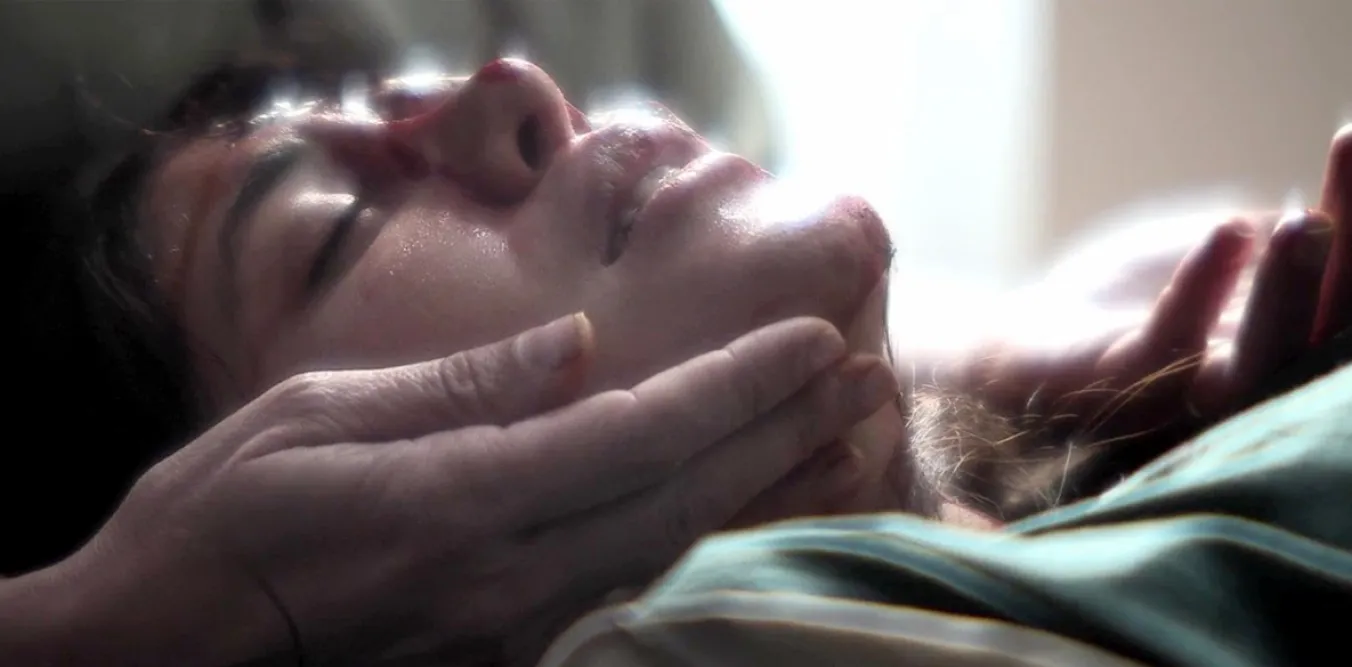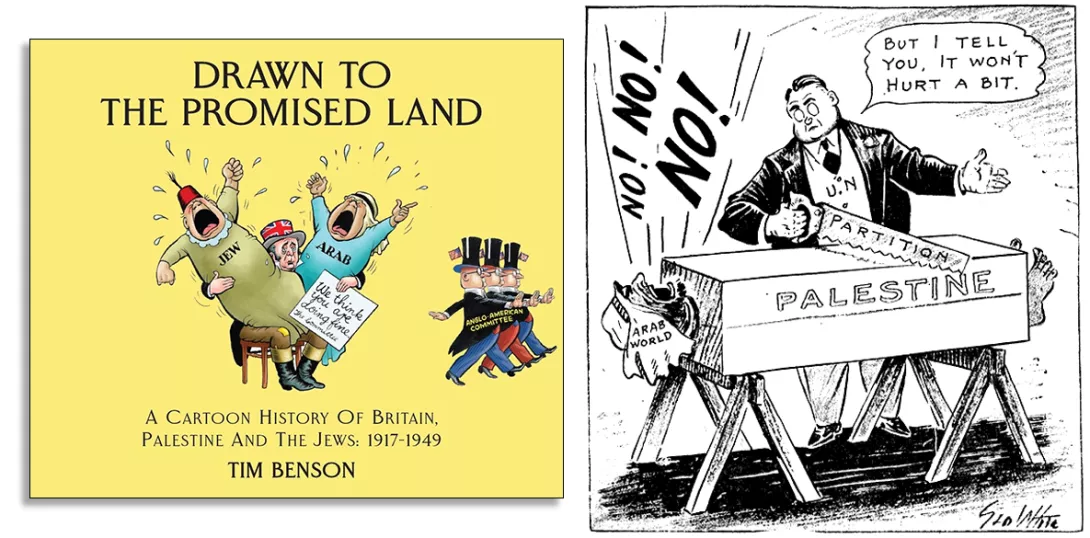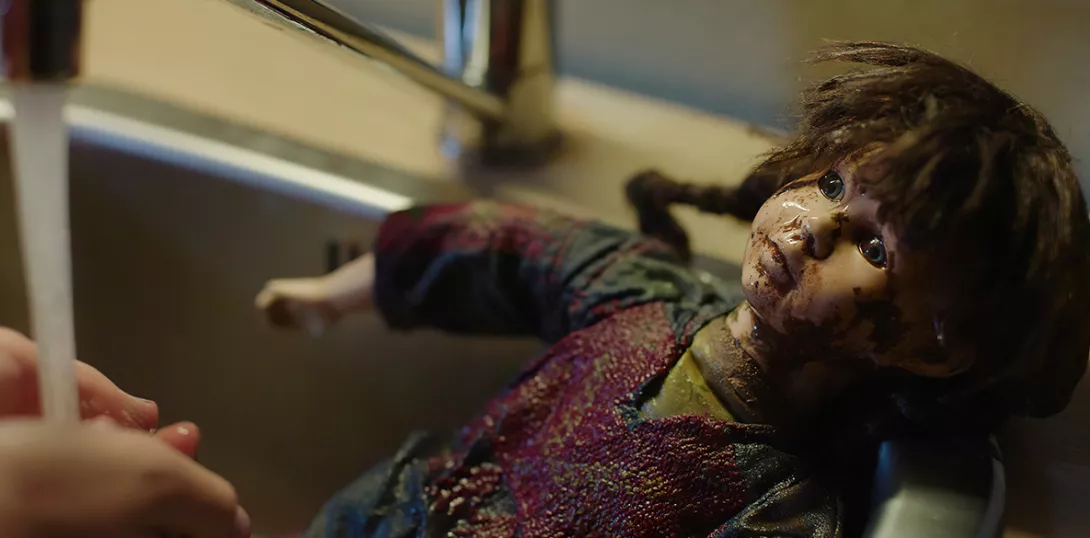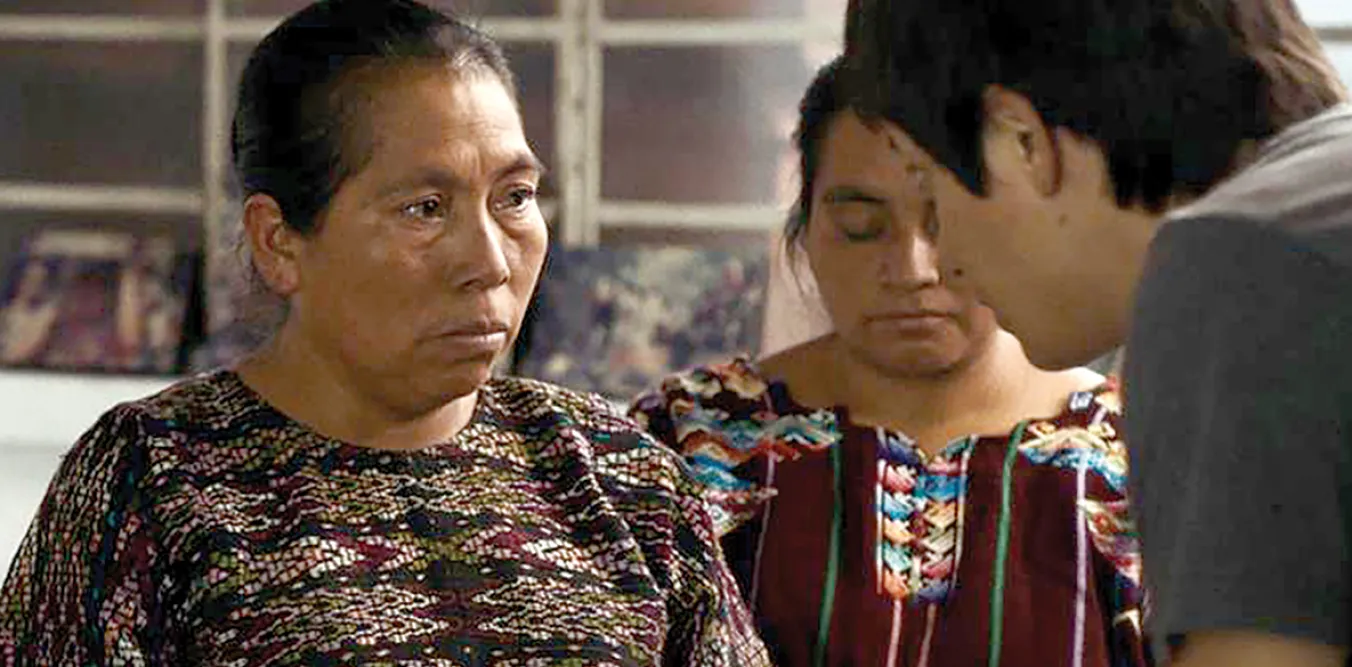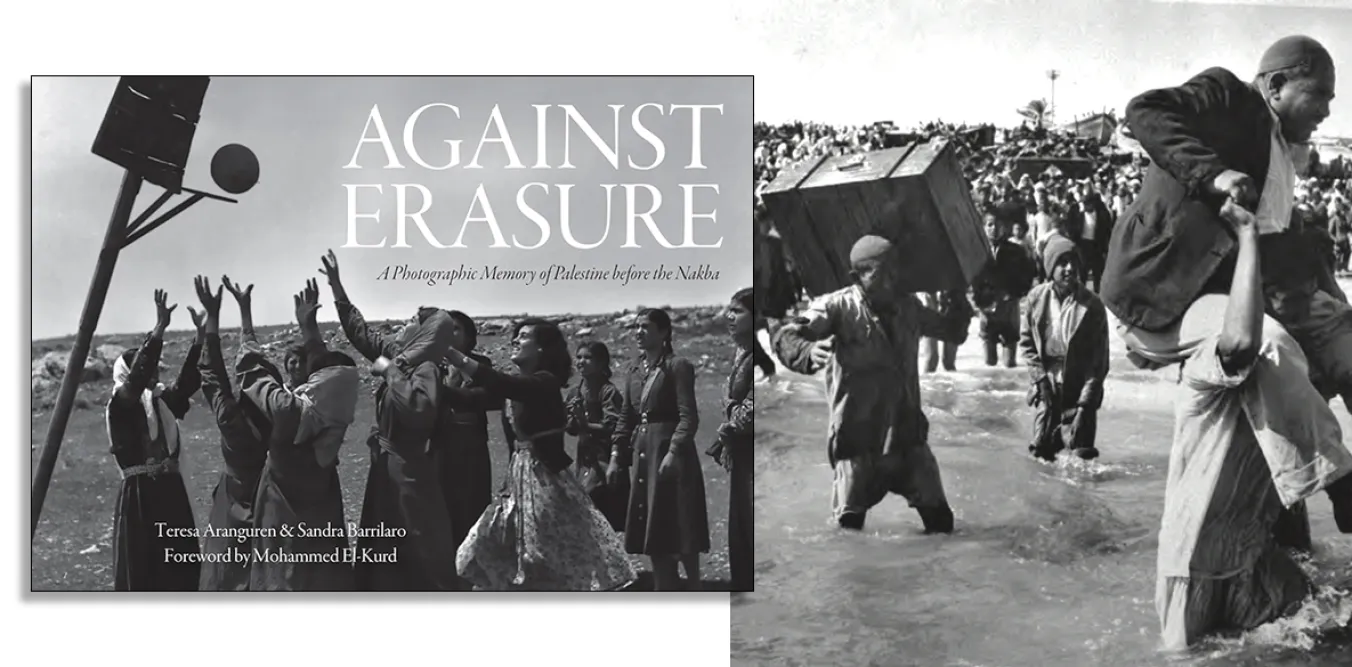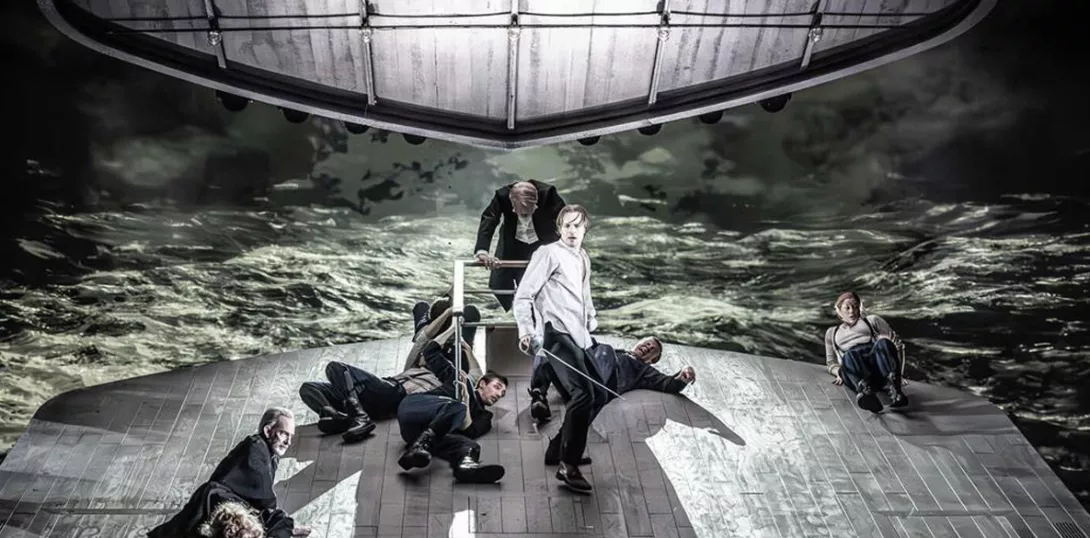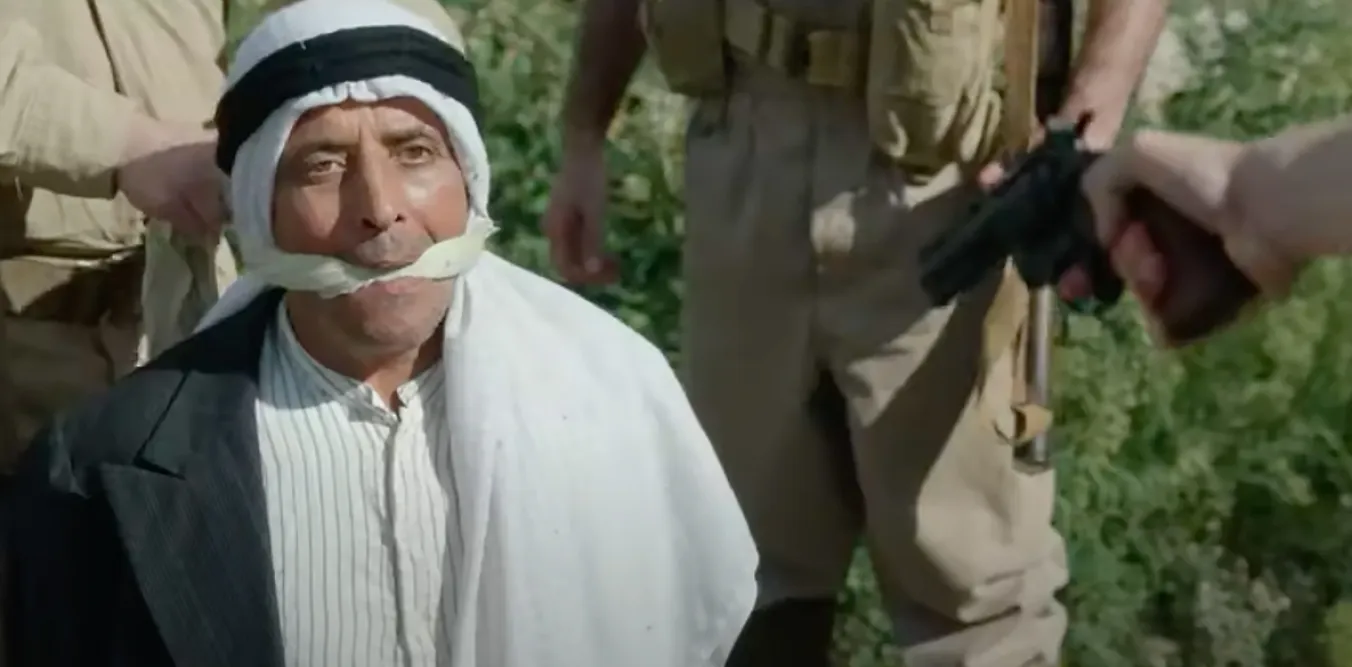
Shoshana (15)
Directed by Michael Winterbottom
INSPIRED by real events, Michael Winterbottom’s powerful thriller is centred on the love story between a young Jewish journalist and a British policeman stationed in British Mandatory Palestine in the 1930s which reflects the political upheaval at that time.
Co-written and directed by Winterbottom, who had been working on it for 15 years, the film, which is set in a young and vibrant Tel Aviv, shows the debate going on there between those who believed in violence and those who believed in the political process.
Through the relationship between Shoshana Borochov (a mesmerising Irina Starshenbaum) and Thomas Wilkin (Douglas Booth), who worked in the anti-terrorist squad of the British Palestine Police Force, it reveals the way political extremism and violence drives wedges between people and forces them apart, making them choose a side.
The film opens with a potted history, illustrated with archive footage, of how the British came to govern in Palestine. It examines the growing tensions between the Arab and Jewish communities and the brutal attacks perpetrated against the Arabs and British rulers by Irgun, a militant, underground zionist organisation supported by non-socialist elements among the Jewish settlers in Palestine. It is led by the charismatic poet and revolutionary Avraham Stern (Aury Alby) who is being hunted by Wilkin and his fellow officer Geoffrey Morton (Harry Melling).
Beautifully shot in Apulia, Italy, and with a compelling performance by Starshenbaum, the problem is that the love story does not quite work and distracts from the drama’s more fascinating political backdrop. Also Morton, who represents the ruthlessness and viciousness of the British in Palestine, comes across as a merely two-dimensional villain.
Shoshana is an indictment of British colonialism and its legacy that also explores radicalisation and the foundations of the two-state solution.
Shoshana herself starts off believing, like her father, one of the founders of socialist zionism, that Arabs and Jews can live peacefully together. By the end, however, she is fighting with Haganah, the main zionist paramilitary organisation representing a majority of Jews, against the British and later the Arabs.
Although it analyses historical events of almost 90 years ago and suggests that violence isn’t the answer (and sadly that love doesn’t conquer all), the resonance with the current Israel-Gaza war is palpable.
Out in cinemas February 23
